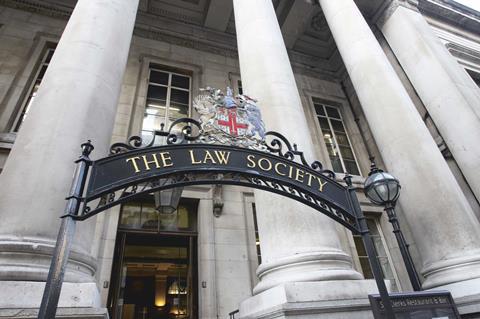Solicitors should decide for themselves what gaps in training they need to fill, rather than have regulators tell them. That was a key message from the Law Society today, as it responded to the Legal Services Board’s policy proposals for maintaining ongoing competence.
The oversight regulator wants bodies such as the Solicitors Regulation Authority to set up a new framework for assessing competence and to regularly check levels of competence. The LSB also wants frontline regulators to make interventions to ensure minimum standards and to take ‘suitable’ action where solicitors have fallen short.
But the Society rejected the basis for the policy, saying the LSB had not shown any significant issues with the competence of solicitors, and instead had demonstrated that regulators were not collecting the relevant information.
Society president I. Stephanie Boyce said: ‘It is important to us that the profession is able to demonstrate how it maintains and promotes high competence standards, so we welcome the LSB’s focus in this area. There is, however, no evidence of widespread issues demonstrated by the LSB’s work to date. Though there is a problem with public perception, with a public panel survey showing that 95% thought that checks should be made throughout a legal professional’s career.’

The Society backed some form of compulsory training in areas such as equality, diversity and inclusion and IT/tech, but said this should be determined by the individual who is best placed to know what training they need.
Other measures outlined by the LSB – reaccreditation, revalidation, competence assessments, observations and exams – would be ‘costly and time consuming and are unnecessary at this time for the entire profession,’ added Boyce.
The LSB says its policy proposals follow two years of evidence gathering, which found that consumers expect ‘robust checks’ on lawyers and that specific measures should be in place to ensure quality. Other professions, it has noted, tend to adopt more stringent approaches, using periodic reaccreditation, peer reviews, spot checks or feedback to identify learning and development needs.
The Law Society added the LSB’s 18-month timescale for frontline regulators to bring in new requirements was ‘optimistic’, and said the regulators themselves should be asked to say how long it will take. Consultation closes on Monday.



























3 Readers' comments